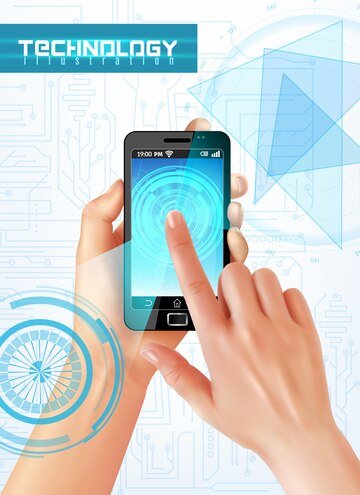Introduction
Mobile phones have become an integral part of our lives, and we rely on them for various tasks throughout the day. However, with regular use, our phones can accumulate dirt and dust, affecting their performance and functionality. One important component that often gets overlooked is the proximity sensor mesh. In this blog post, we will discuss DIY tips for cleaning your mobile phone’s proximity sensor mesh to ensure optimal performance.
What is a proximity sensor mesh?
The proximity sensor mesh is a small area located near the front-facing camera of your mobile phone. It consists of tiny holes that allow the proximity sensor to function properly. The proximity sensor is responsible for detecting when you bring your phone close to your face during a call, which helps in turning off the display to prevent accidental touches.
Why is it important to clean the proximity sensor mesh?
Over time, the proximity sensor mesh can accumulate dirt, dust, and oil from our hands and face. This buildup can interfere with the sensor’s ability to detect proximity accurately, leading to issues such as the display not turning off during calls or the display turning off even when the phone is not near your face. Cleaning the proximity sensor mesh regularly can help prevent these problems and ensure the proper functioning of the sensor.
DIY Tips for Cleaning the Proximity Sensor Mesh
Before you begin cleaning the proximity sensor mesh, make sure to turn off your phone and remove any protective case or cover. Here are some DIY tips to help you clean the proximity sensor mesh effectively:
1. Use a Soft Brush or Toothbrush
Start by using a soft-bristled brush or a toothbrush to gently brush the proximity sensor mesh. This will help remove any loose dirt or dust particles that may have accumulated. Make sure to brush in a gentle and circular motion to avoid damaging the mesh or other components of your phone.
2. Use Compressed Air
If brushing alone doesn’t remove all the dirt and dust, you can use compressed air to blow away the remaining particles. Hold the can of compressed air a few inches away from the proximity sensor mesh and give it a few short bursts. Be careful not to hold the can too close or use excessive force, as this can damage the sensor or other delicate parts of your phone.
3. Use Isopropyl Alcohol
If the proximity sensor mesh still appears dirty or greasy after brushing and using compressed air, you can use isopropyl alcohol to clean it. Dampen a cotton swab or a microfiber cloth with a small amount of isopropyl alcohol and gently wipe the proximity sensor mesh. Avoid applying excessive pressure or using too much alcohol, as this can damage the sensor. Allow the alcohol to evaporate completely before turning on your phone.
Conclusion
Regularly cleaning your mobile phone’s proximity sensor mesh is essential to ensure its optimal performance. By following these DIY tips, you can effectively remove dirt, dust, and oil buildup from the mesh, allowing the proximity sensor to function properly. Remember to be gentle and avoid using any harsh chemicals or abrasive materials that can damage your phone. Keeping your proximity sensor clean will help prevent issues and ensure a seamless user experience during calls.





